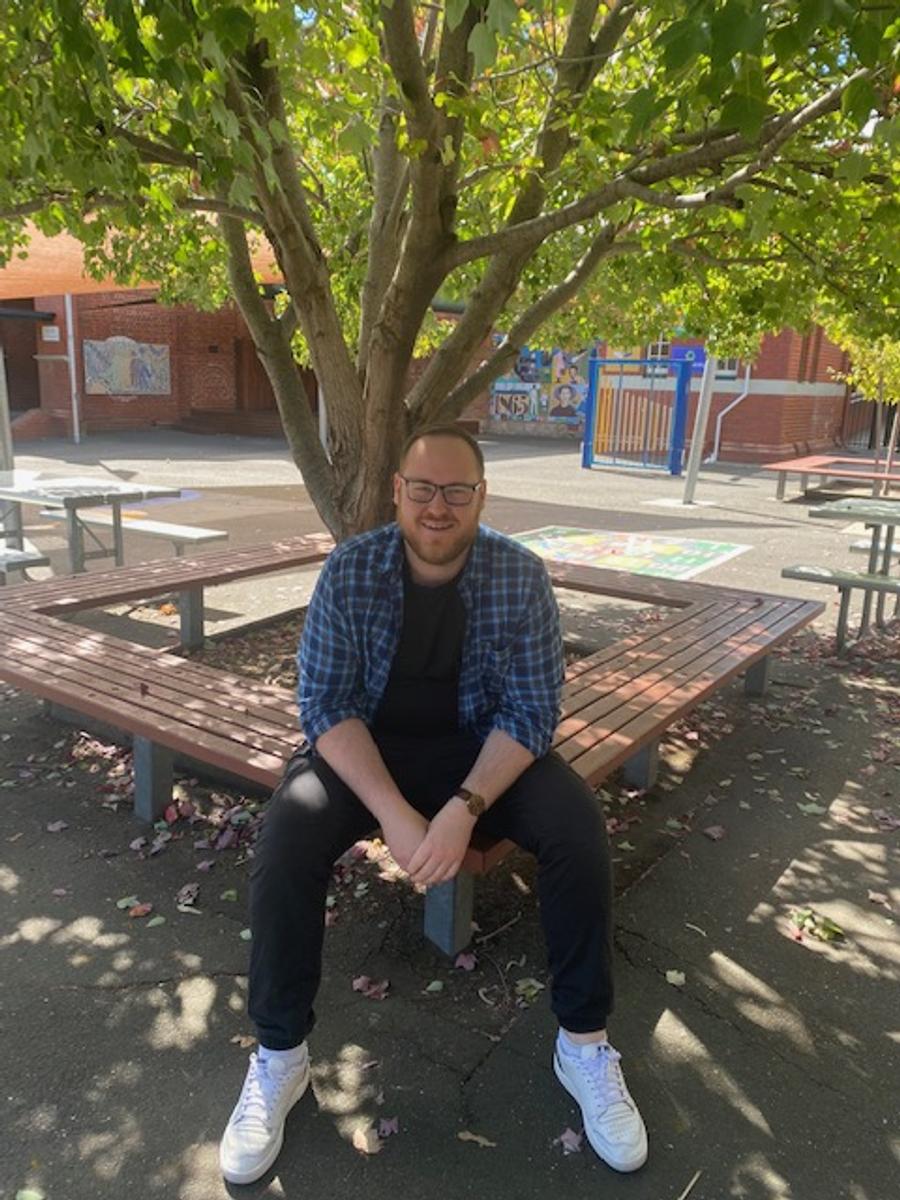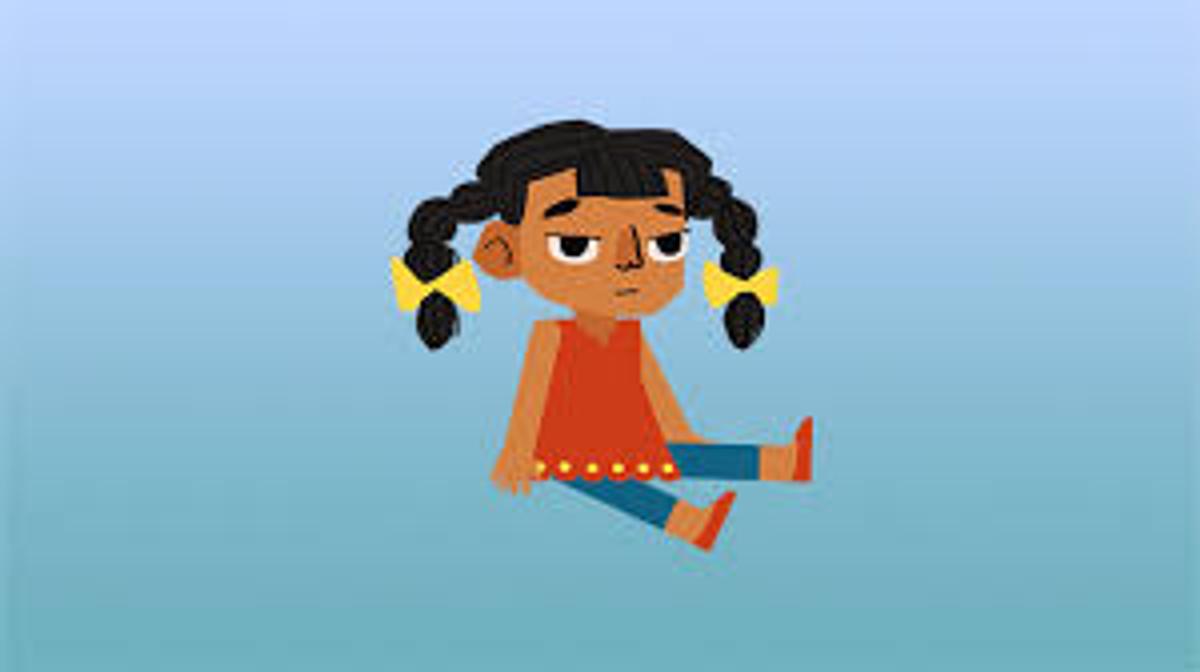Student Wellbeing
Respect, Responsibility, Resilience

Student Wellbeing
Respect, Responsibility, Resilience
Hi! My name is Arne and I have the honour of being the Student Wellbeing officer here at Clayton North PS and I am passionate about helping young people succeeding in life.
As the Student Wellbeing Officer my goal is to provide wellbeing support to students and equip them to move past their challenges and forward into the incredible things life has for them. I want to help them realise their potential and to believe in themselves and their abilities. We all go through difficult times, and I hope to provide a safe space for students to open up about what they are going through and alongside the staff, make school a positive place of learning and growing.
If you have any questions or would like to be in contact with me, please do not hesitate to do so. I work at CNPS Mondays and Fridays 9am-2.30pm.


“Hey Mum, Dad…
I’m bored what can we do on the school holidays?”


The Benefits of Boredom
An article from Melbourne Child Psychology
Children need to sit in their own boredom for the world to become quiet enough that they can hear themselves’ – Dr Vanessa Lapointe
With the school holidays upon us, many parents will be frantically trying to find new ways to fend off boredom for their kids.
And thinking of new and exciting activities to do is always going to be a good thing…
But there is also something to be said for allowing a child to be left to their own devices, or to experience ‘boredom’, according to Teresa Belton, visiting fellow at The School of Education and Lifelong Learning.
‘Children need time to themselves – to switch off from the bombardment of the outside world, to daydream, pursue their own thoughts and occupations, and discover personal interests and gifts.’
And it doesn’t matter if your child doesn’t have any obvious personal interests or hobbies that they can pursue independently.
‘Just letting the mind wander from time to time is important… for everybody’s mental wellbeing and functioning.’
‘A study has even shown that, if we can engage in some low-key, undemanding activity… the wandering mind is more likely to come up with imaginative ideas and solutions to problems.’
A creative imagination and problem-solving ability are important life skills, so it’s good for children to have these moments of ‘boredom’ and having to find ways to entertain themselves.
And it will also encourage the ability to be quiet and mindful as an adult, without the constant need to be on-the-go or entertained.
But how do we handle the ‘bored’ child, and teach them to embrace these moments of free time?
But next time your child complains of boredom, remember:
Boredom gives children an inner quiet that helps with imagination and self-awareness.
Creative processes can stimulate interests that will stay with the child for life.
Children develop creative skills when they have to come up with solutions to boredom.
Melbourne Child Psychology